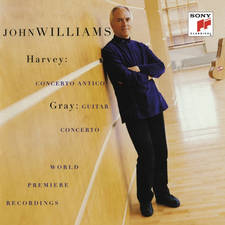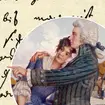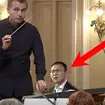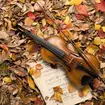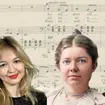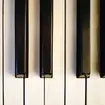Tchaikovsky - An Appreciation
Tchaikovsky was a blazingly inventive genius and brilliant orchestrator who pushed musical intensity towards its outer limits.
What makes Tchaikovsky’s music so special?
Tchaikovsky possessed an unparalled genius for speaking from the heart to the heart. His profound melodic gift, exuberant orchestral imagination and extraordinary ability to strike right at the core of human emotion continue to thrill audiences, even where the popularity of classical music is in decline. Just as our feelings brood and swell until reaching a cathartic release, so Tchaikovsky finds exact parallels in his music, driving its intensity levels higher and higher towards climactic releases of emotion.
Just what is the truth regarding Tchaikovsky’s death?
It now seems that Tchaikovsky had formed a potentially embarrassing liaison with the nephew of a Russian nobleman, and to prevent it becoming public knowledge it was decided that he should take his own life. He almost certainly died by his own hand of arsenic poisoning.
How true to life is Ken Russell’s film The Music Lovers?
Although some of the individual scenes owe much to Russell's colourful imagination, the central theme of a tormented homosexual marrying and then becoming physically repulsed by an unstable admirer, is essentially accurate.
What’s all this about a patroness that Tchaikovsky never met?
Remarkably this was the condition imposed on Tchaikovsky by his wealthy benefactress, Nadezhda von Meck. She loved and shared a profound understanding of his music, but preferred not to get involved with him personally.
But surely his music is notoriously uneven?
When his inspiration was running low, Tchaikovsky found it difficult to compose his way out of a rut. But once he was on a roll, he poured forth breathtaking music at a level rarely equalled and never surpassed by any other Romantic composer.
Was there a lighter side to Tchaikovsky?
Oh yes. Late one night, much the worse for drink, he and Saint-Saëns once crept into the Great Hall of the Moscow Conservatoire, donned tutus, and danced a hilariously camp pas-de-deux under the mimed direction of Nikolay Rubinstein.
